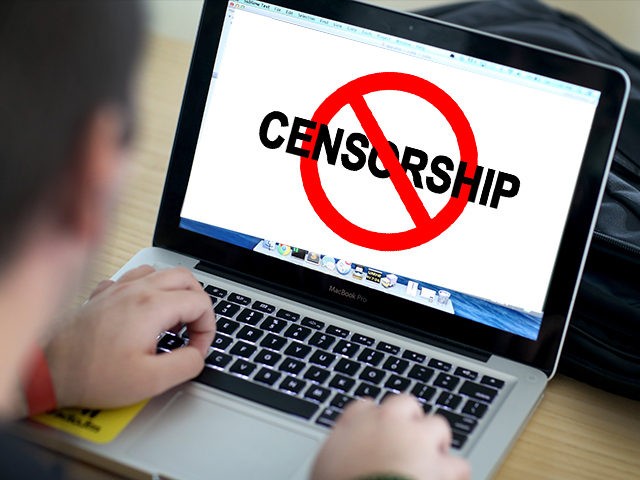The Democrat-dominated Connecticut legislature is seeking to create a censorship board through Senate Bill 6410 to regulate online speech.
The bill would establish a board to study so-called online “harassment” of individuals, including government officials, and recommend legislation to censor free speech by the creation of reporting guidelines. The censorship board would consist of nine members, four of whom would represent the minority Republican party.
The bill states:
Such assessment shall include, but need not be limited to,
(1) short term and long term effects of harassing behaviors online on elected officials, public officials and residents of this state,
(2) what state or municipal action is needed to address negative online behaviors that consider a citizen’s right to freedom of speech versus an individual’s right to be free from harassment including, but not limited to, potential changes in state law concerning additional penalties or enforcement of online harassment, and
(3) establishing guidelines for the reporting of online harassment of elected state and municipal officials that find a balance between making elected officials accessible to the people whom they serve and protecting them from abusive, offensive or threatening online harassment.
Chris Zeller, executive director of the Connecticut Republican party (CTGOP), told Breitbart News the Democrats are trying to pass a censorship measure to cover up their agenda.
“They are trying to hide years of incompetent governance and a far-left agenda that is too radical for the average Connecticut voter,” he said.
According to a policy brief from Yankee Institute, about 150 people commented on the legislation via (presumably written) testimony. The vast majority of these opposed the bill. Some of those who opposed the bill said it would be used to “inhibit freedom of speech.”
“I’m not advocating for hate speech or condemning people. [I’m] against online censorship because it establishes an unnecessary paternal relationship with the government,” Prokop said. “Proposed Bill 6410 aims to limit constitutionally protected free speech online by demanding self-censorship from residents that have been gaslighted by elected officials for years.”
The bill was approved by committee March 17 and will now get a vote in the House.
The censorship board is being proposed despite the fact that the state of Connecticut already has a law protecting elected officials and the public from online harassment. The name of that law, which renders cyberstalking and cyber-harassment unlawful, is Public Act No. 21-56.
RELATED VIDEO–HEATED EXCHANGE: Thomas Massie Schools Democrat on Social Media Censorship
HouseRules / YouTubeFollow Wendell Husebø on Twitter @WendellHusebø. He is the author of Politics of Slave Morality.

COMMENTS
Please let us know if you're having issues with commenting.